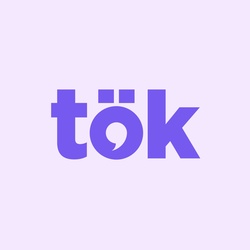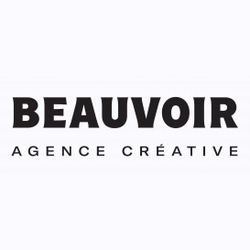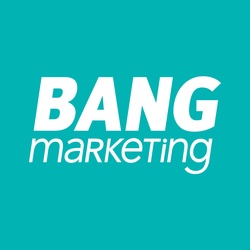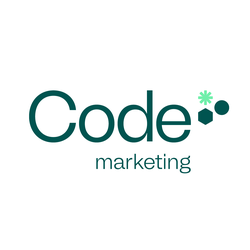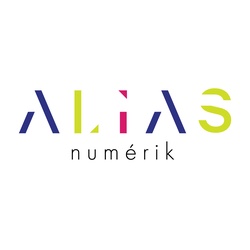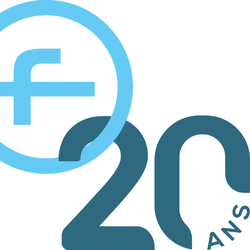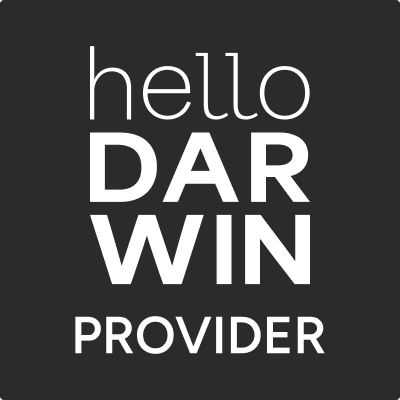The Importance of Communication in B2B Marketing
Communication plays a central role in B2B marketing, where the goal is to build strong relationships, foster trust, and effectively convey the value a business provides to another. Unlike B2C, where emotions often dominate, B2B communication relies on a logical and strategic approach, emphasizing problem-solving, concrete data, and measurable outcomes. Clear and consistent communication is essential to establishing credibility and fostering long-term partnerships.
In a B2B environment, decision-making processes often involve multiple stakeholders. This requires a tailored communication strategy that addresses the needs and concerns of each decision-maker, whether they are financial managers, engineers, or senior executives. A personalized approach, with targeted and specific messaging, enhances impact and maximizes the likelihood of success.
Digital tools have transformed B2B communication, providing multiple channels to engage directly with potential partners. Platforms like LinkedIn, email marketing, and webinars allow for instant and direct interaction while offering detailed performance analytics. However, digital communication does not replace traditional interactions such as in-person meetings or professional events, which remain invaluable for building trust.
Message consistency is a key factor for success. Whether through brochures, presentations, or digital campaigns, it is crucial to present a uniform and professional brand image. Companies must ensure that their tone, content, and visuals reflect their values and objectives consistently across all channels.
Transparency is also essential in B2B communication. Businesses seek reliable partners who can provide accurate and honest information about their products or services. Open communication that clearly answers questions and anticipates objections strengthens trust and establishes a solid foundation for successful collaboration.
Emerging technologies, such as artificial intelligence and automation, offer new opportunities to optimize B2B communication. They enable personalized messaging at scale, automate common responses, and analyze data to refine strategies. These tools help businesses remain responsive and relevant in meeting their partners' ever-evolving expectations.
Finally, effective B2B communication goes beyond promoting products or services. It also involves creating real value for partners by sharing knowledge, insights, and innovative solutions. This positions the company not just as a supplier but as a true strategic partner.
In a world of intense competition and high client expectations, B2B communication is a critical pillar for building successful relationships, strengthening brand recognition, and driving growth. By adopting a strategic, consistent, and partner-focused approach, businesses can create lasting and meaningful connections that support long-term success.




